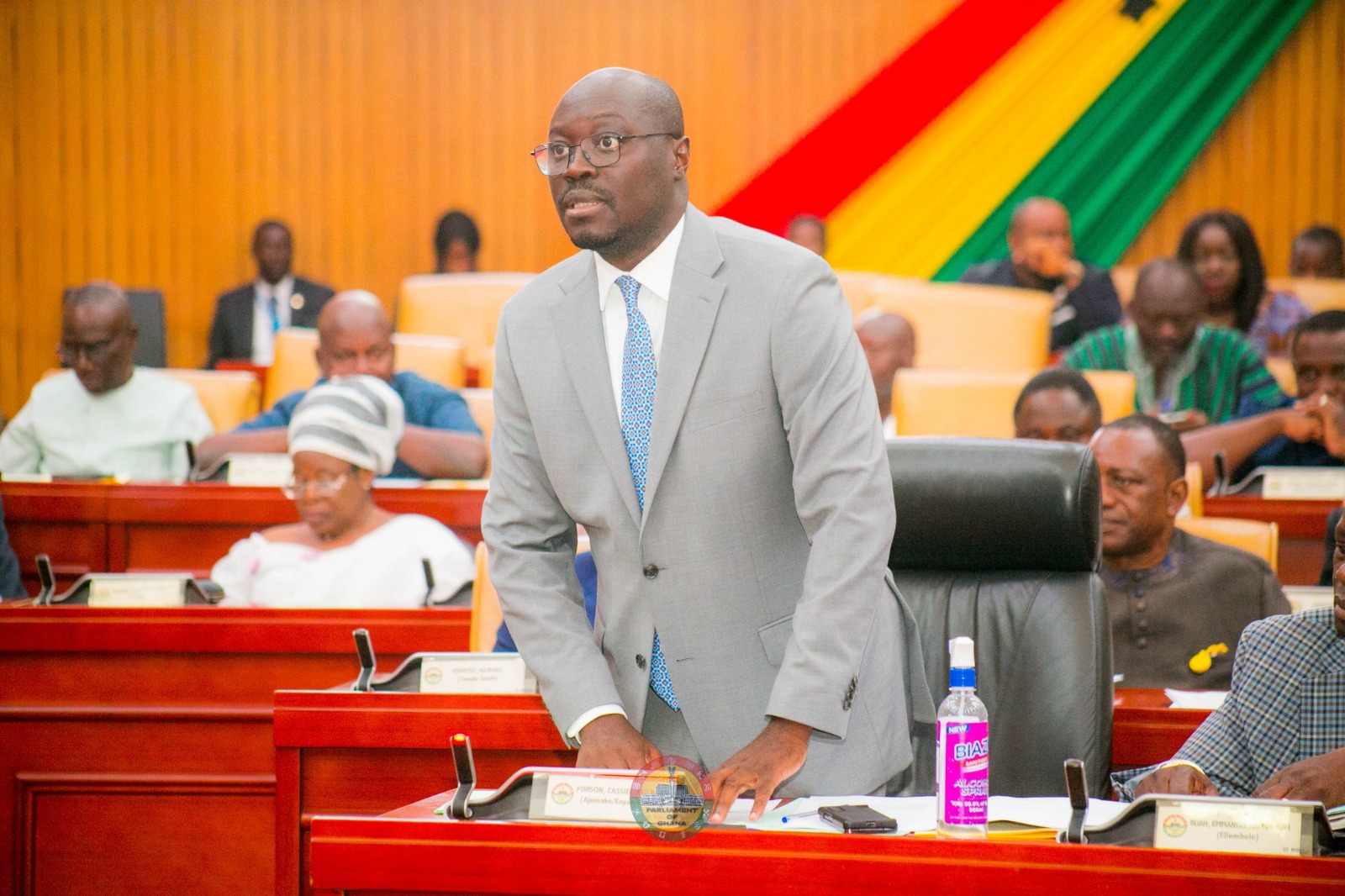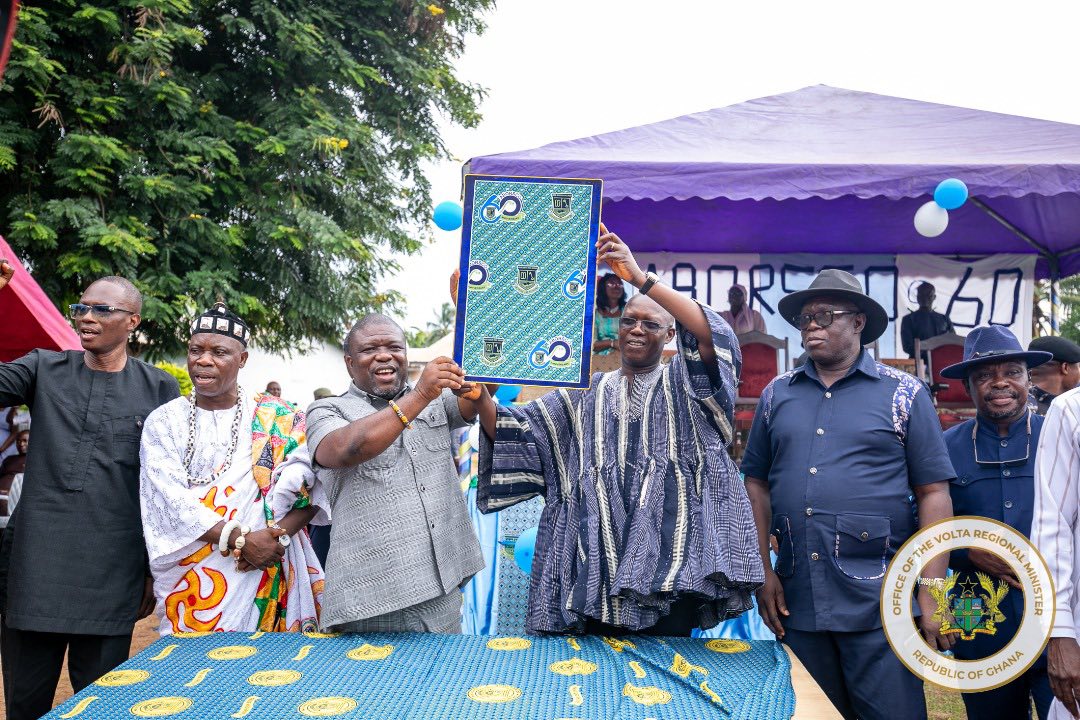The purpose of the Bill is to establish the Ghana Gold Board to oversee, monitor, and undertake the purchase, trade, and export of gold, promote value addition to the gold resources of the country, support the accumulation of gold reserves by the Bank of Ghana, and generate foreign exchange.
Ghana is currently the leading exporter of gold in Africa, yet the country does not derive optimal benefits from gold resources. In 2024, the total value of gold exports from Ghana was approximately eleven point five billion – United States • Dollars, with the small-scale mining sector contributing four point six billion United States Dollars, representing forty percent, while the large-scale mining sector accounted for six point nine billion United States Dollars, representing sixty percent
The establishment of the Gold Board will necessitate amendments to key sections of the Minerals and Mining Act, 2006 (Act 703) and the Minerals and Mining (General) Regulations, 2012 (L.I. 2173). Once operational, the new regulatory framework will empower only the Gold Board, the authorized subsidiaries of the Gold Board or licensed gold service providers to purchase gold in Ghana. Small-scale miners will be required to sell gold produced by the small-scale miners to the Gold Board or the designated buyers of the Gold Board, while the Gold Board •will be required to assay all gold exported from the country.
Additionally, the Gold Board will assume sole responsibility for the export of gold produced by small-scale miners and the unauthorized hoarding of gold will be prohibited under the Bill.
Clauses 1 to 3 of the Bill provide for the Ghana Gold Board. Clause 1 establishes the Ghana Gold Board as a body corporate.
The object of the Gold Board is specified in clause 2. Under the clause, the Gold Board is required to oversee, monitor, and undertake the purchase, trade, assay, refining, exportation, or other related activity in respect of gold, generate foreign exchange for the country, and support the accumulation of gold reserves by the Bank of Ghana. The clause further provides that the Bill applies to precious minerals.
Clause 3 outlines the functions of the Gold Board. The Gold Board is mandated to promote the marketing of the gold resources of the country, set standards on the quality, purity, and weight of gold sold in or exported from the country in compliance with international best practices, and promote value addition to the gold of the country, including regulating the downstream fabrication of gold into castings, mints, jewelry, coins, bars, bullion, industrial components or other forms of value storage.
The Gold Board is also responsible for buying a portion or all of the gold produced by large-scale mining companies in line with the pre-emption rights of the Government exercised by the Minister responsible for Mines under section 7 of the Minerals and Mining Act, 2007 (Act 706) and providing support, in collaboration with the Ministry responsible for Mines, to small-scale miners in the form of geological investigations, concession viability, and equipment financing.
Other functions of the Corporation are to support environmentally sustainable and responsible mining practices, develop and implement measures to combat the smuggling of gold, engage in joint ventures or other commercial arrangements with third parties for the purpose of achieving the objectives of the Gold Board and collaborate with relevant institutions for the purpose of achieving the object of the Gold Board.
Clauses 4 to 12 deal with the governance of the Gold Board. Clause 4 provides for a thirteen-member Board of Directors as the governing body of the Gold Board. The members of the Board of Directors include the Ministers responsible for Mines and Finance, the Governor of the Bank of
Ghana and representatives of the Minerals Commission, large-scale mining firms, small-scale miners, and gold service providers.
Under clause 5, the functions of the Board of Directors are to exercise general oversight responsibility for the strategic direction of the Gold Board, ensure the achievement of the object of the Gold Board, and ensure the effective and efficient performance of the functions of the Gold Board.
Standard provisions on duties and liabilities of members of the Board of Directors, tenure of office of members of the Board of Directors, meetings of the Board of Directors, disclosure of interest, establishment of committees, allowances and policy directives are provided for in clauses 6, 7, 8, 9, 10, 11 and 12 respectively.
Clauses 13 to 17 provide for the administration of the Gold Board.
The appointment of the Chief Executive Officer of the Gold Board is provided for in clause 13. Under the clause, the Chief Executive Officer is to hold office on the terms and conditions specified in the appointment.
Under clause 14, the Chief Executive Officer is responsible for the. day-to-day administration of the affairs of the Gold Board and is to ensure the implementation of the decisions of the Board of Directors.
Clause 15 deals with the appointment of other staff of the Gold Board that are necessary for the efficient and effective performance of the functions of the Gold Board. Other public officers may be transferred to or seconded to the Gold Board or may otherwise assist the Gold Board. The clause further empowers the Gold Board to, on the recommendation of the Board of Directors, engage the services of advisors and consultants for the efficient and effective performance of the functions of the Gold Board.
Clause 16 empowers the Gold Board to establish offices, divisions, directorates, departments and units of the Gold Board as determined by the Board of Directors for the effective and efficient performance of the functions of the Gold Board.
Clause 17 provides for the Internal Audit Unit of the Gold Board by section 83 of the Public Financial Management Act, 2016 (Act 921 ).
The Bill caters for the financial matters of the Gold Board in clauses 18 to 25.
Clause 18 provides for the funds of the Gold Board, which consist of amounts of money approved by Parliament, funds obtained by the Gold Board from financial markets, the Bank of Ghana, investors and off-takers in the performance of functions, fees, and charges that accrue to the Gold Board in the performance of functions, administrative penalties payable under the Bill, loans and donations, gifts and grants.
Clause 19 provides for the bank account of the Gold Board. Moneys for the Gold Board are to be paid into an account opened for that purpose with the approval of the Controller and Accountant-General.
The expenses of the Gold Board are to be charged on the funds of the Gold Board, clause 20.
Under clause 21, the Gold Board is, subject to article 174 of the Constitution and the Exemptions Act, 2022 (Act 1083), exempt from the
payment of taxes that the Minister responsible for Finance may determine with the prior approval of Parliament.
Clause 22 provides for the borrowing powers of the Gold Board, subject to Article 181 of the Constitution and Section 76 of the Public Financial Management Act, 2016 (Act 921
Standard provisions on accounts and audits annual reports and other reports are set out
Clause 25 mandates the Board of Directors to, each year, earmark funds to the Gold Board to provide support to small-scale miners. The earmarked funds are to be used to provide concessional funds, grants and guarantees to licensed small-scale miners to improve the operations of the small-scale miners and facilitate the provision of modern and environmentally sustainable mining equipment and tools to small-scale miners, among others.






































